‘No limits’: A timeline of Putin and Xi’s relationship
China has refrained from calling Russia’s military operation an ‘invasion’
Your support helps us to tell the story
From reproductive rights to climate change to Big Tech, The Independent is on the ground when the story is developing. Whether it's investigating the financials of Elon Musk's pro-Trump PAC or producing our latest documentary, 'The A Word', which shines a light on the American women fighting for reproductive rights, we know how important it is to parse out the facts from the messaging.
At such a critical moment in US history, we need reporters on the ground. Your donation allows us to keep sending journalists to speak to both sides of the story.
The Independent is trusted by Americans across the entire political spectrum. And unlike many other quality news outlets, we choose not to lock Americans out of our reporting and analysis with paywalls. We believe quality journalism should be available to everyone, paid for by those who can afford it.
Your support makes all the difference.Russia’s president is preparing to welcome his Chinese counterpart to Moscow amid inflamed East-West tensions over the war in Ukraine.
Vladimir Putin and Xi Jinping will exchange views “in the context of deepening Russian-Chinese cooperation in the international arena,” the Kremlin said in a statement confirming the visit – promising, too, the signing of “important bilateral documents”, the contents of which remain a mystery.
Where Western leaders have sought to make Putin a pariah over his ferocious war in Ukraine, China has refrained from condemning Russia’s military operation or calling it an “invasion”.
Amid heavy battlefield losses on both sides of the conflict, Xi’s visit will likely embolden Putin’s ambitions, centred now on Ukraine’s eastern Donbas region, where Russia has made slow gains, though at an immense human cost.
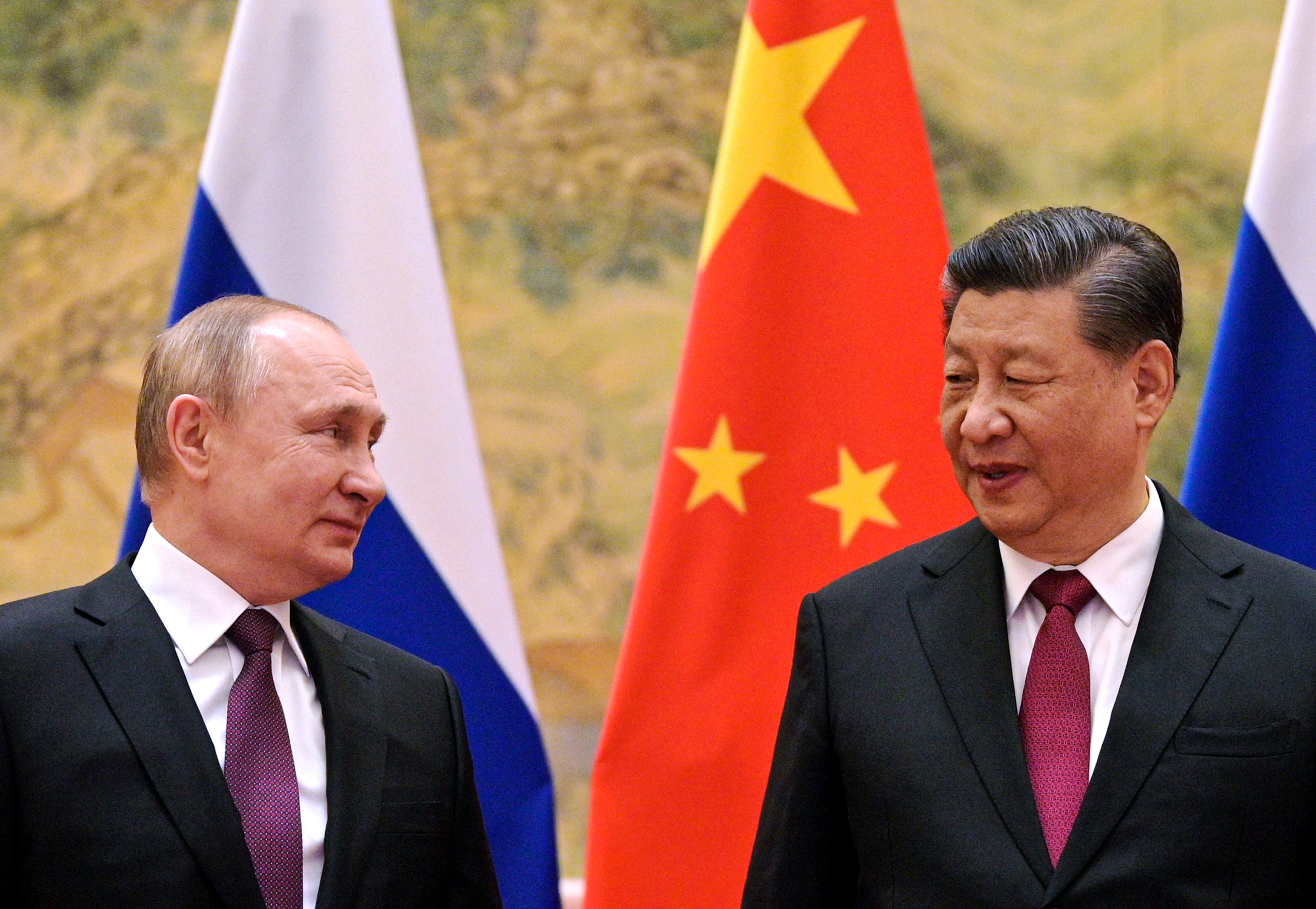
Wang Wenbin, spokesperson for China’s ministry of foreign affairs, said today that Xi “will have an in-depth exchange of views with president Putin on bilateral relations and major international and regional issues of common concern.”
It is no stretch to assume that the countries’ territorial ambitions will be discussed: China, with its eye on unification with self-ruling Taiwan, and Russia, with its disemboweled tanks littered across Ukraine.
The relationship between Putin and Xi – born less than a year apart in 1953 and 1952, respectively – is a source of fixation and fear for the long-impotent West, which since the 24 February invasion has become more reproachful to their ever-closening regimes.
As the pair prepare to meet next week, The Independent takes a look at the history of Putin and Xi’s relationship.
2013
‘You and I are good friends’
Xi Jinping’s first foreign trip as president in 2013 was to visit Vladimir Putin in Moscow, showcasing the importance of Beijing’s kinship with Russia.
“Russian-Chinese relations are a very important factor in world politics,” Putin said at the start of talks. “I am certain your visit will give Russian-Chinese ties a new and powerful impulse.”
In now famed comments, Xi replied: “I get the impression that you and I always treat each other with an open soul, our characters are alike. We always speak in a good manner, you and I are good friends.”
Their meeting was also preempted by a $2bn deal struck between the two countries to develop coal resources in eastern Siberia.
2014
‘Special features’
In 2014, Russia annexed Crimea from Ukraine, a move that was broadly condemned by the international community.
The UN adopted a resolution that affirmed Ukraine’s territorial integrity and sovereignty over Crimea, while many countries slapped Russia with sanctions.
To this day, China has refused to oppose the annexation.
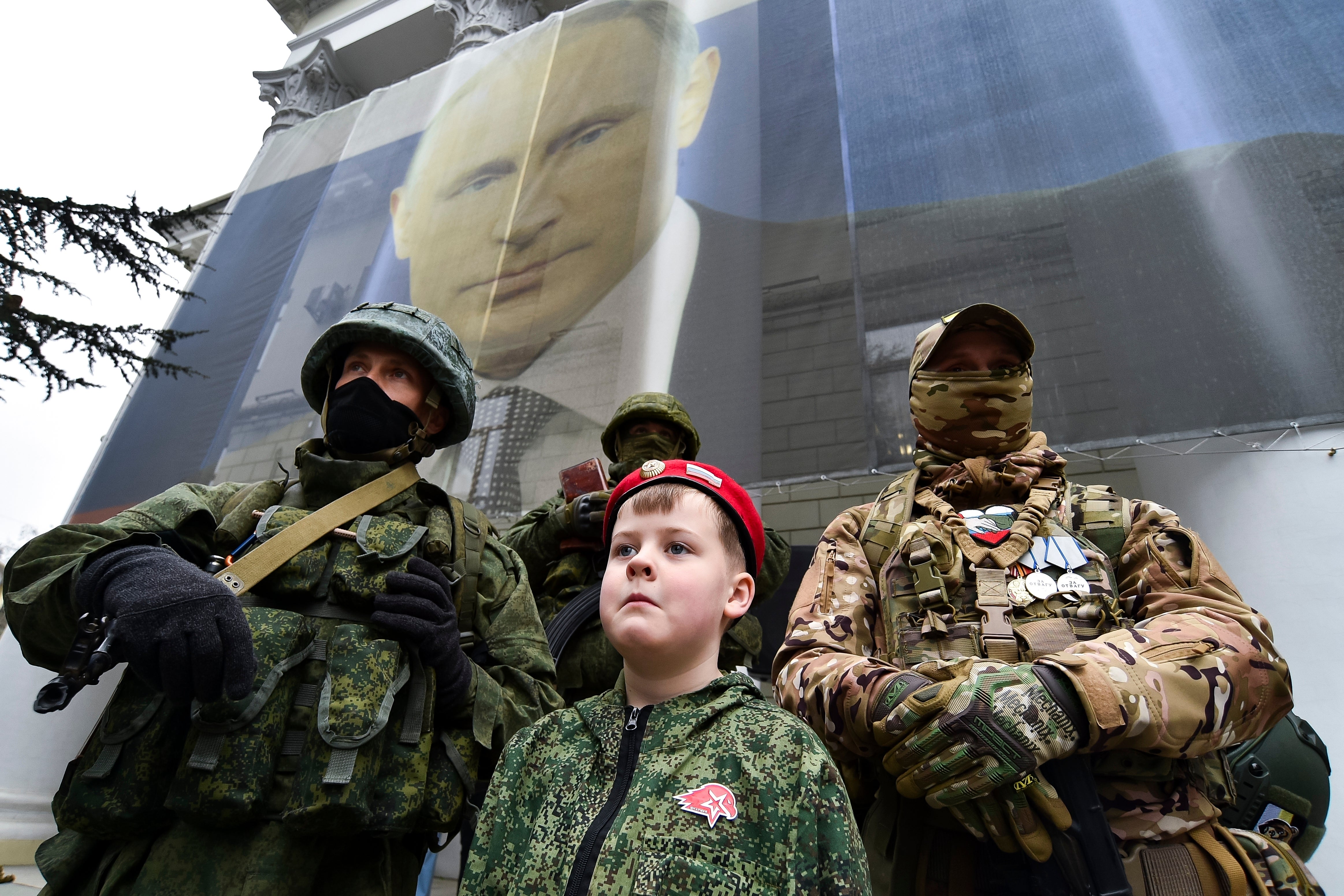
Speaking at the time, a foreign ministry official said: “We are against any nationality gaining independence through referendums. As far as Crimea is concerned, it has very special features.
“We know well the history of Crimea’s affiliation. ... China reacts with full understanding to the challenges and threats Russia has faced in connection with the Ukrainian issue and supports Moscow’s approach to its settlement.”
2015
‘Nonaggression pact’
During a visit to Moscow, Xi and Putin signed more than two dozen bilateral agreements, including two on new arms sales.
The pair also signed a memorandum not to launch cyberattacks against one another – heralded as a “nonaggression pact.”
2019
‘Comprehensive strategic partnership’
Four years later, Putin and Xi upgraded their countries’ relationship to a “comprehensive strategic partnership of cooperation for a new era.”
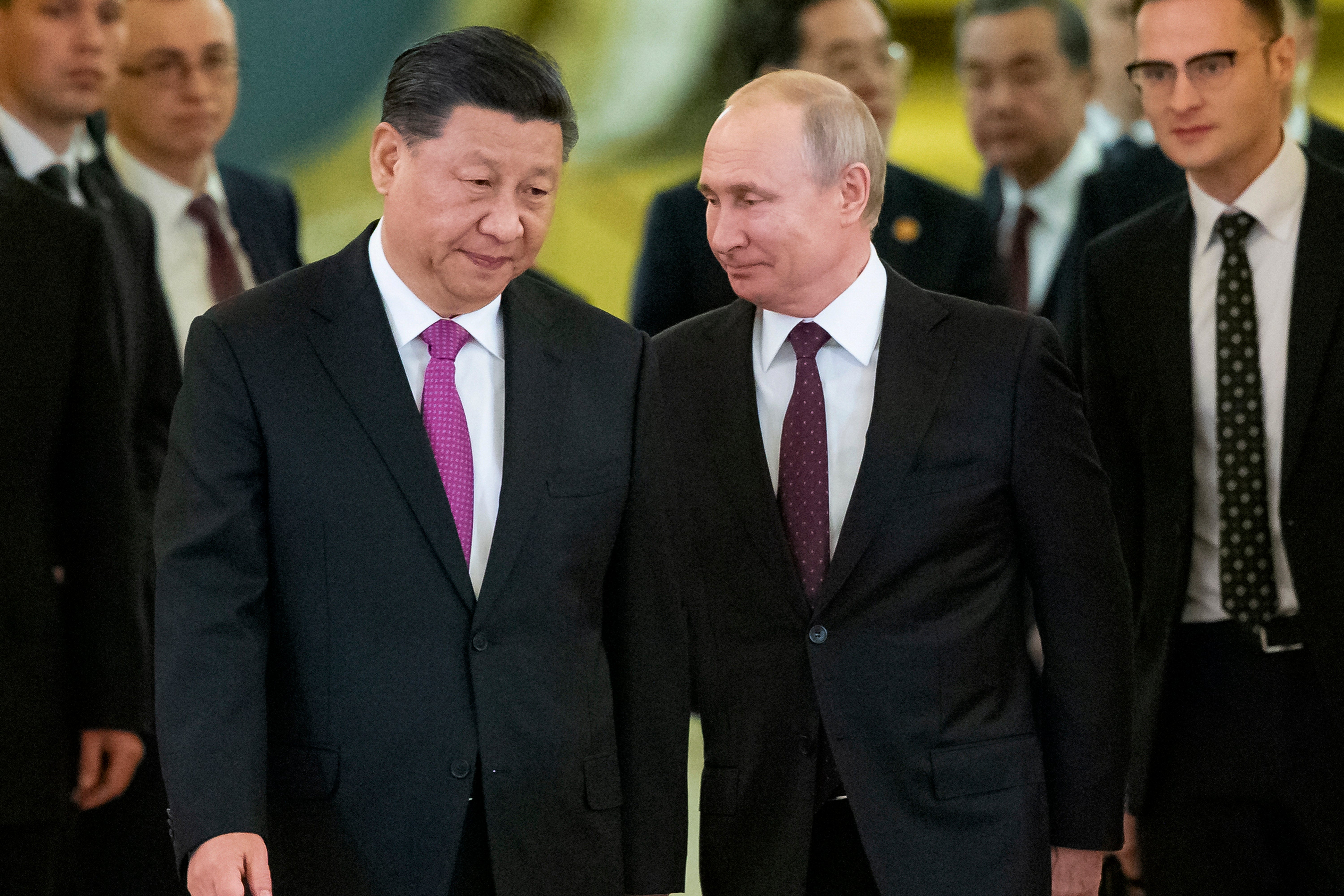
“The China-Russia relationship is seeing a continuous, steady and sound development at a high level, and is at its best in history,” Xi declared during another state visit to Moscow.
In a joint statement, Russia and China listed five basic principles of their relationship, among which was the principle of “mutual understanding and accommodation and win-win cooperation.”
2022
‘No limits friendship’
Amid increasingly fraught relations with the West, Xi and Putin met on the sidelines of the Winter Olympic Games, hosted in Beijing
Staying true to his 2013 priorities, the visit marked Xi’s first in-person meeting with a foreign leader since the start of the coronavirus pandemic.
A subsequent joint statement did not explicitly mention Ukraine. It reaffirmed, however, that “relations between Russia and China are superior to political and military alliances of the Cold War era.”
“Friendship between the two States has no limits, there are no ‘forbidden’ areas of cooperation,” it added.
‘Wait’, Xi tells Putin
Western intelligence suggested that Xi had asked Putin to wait to invade Ukraine until after the Olympic closing ceremony on 20 February.
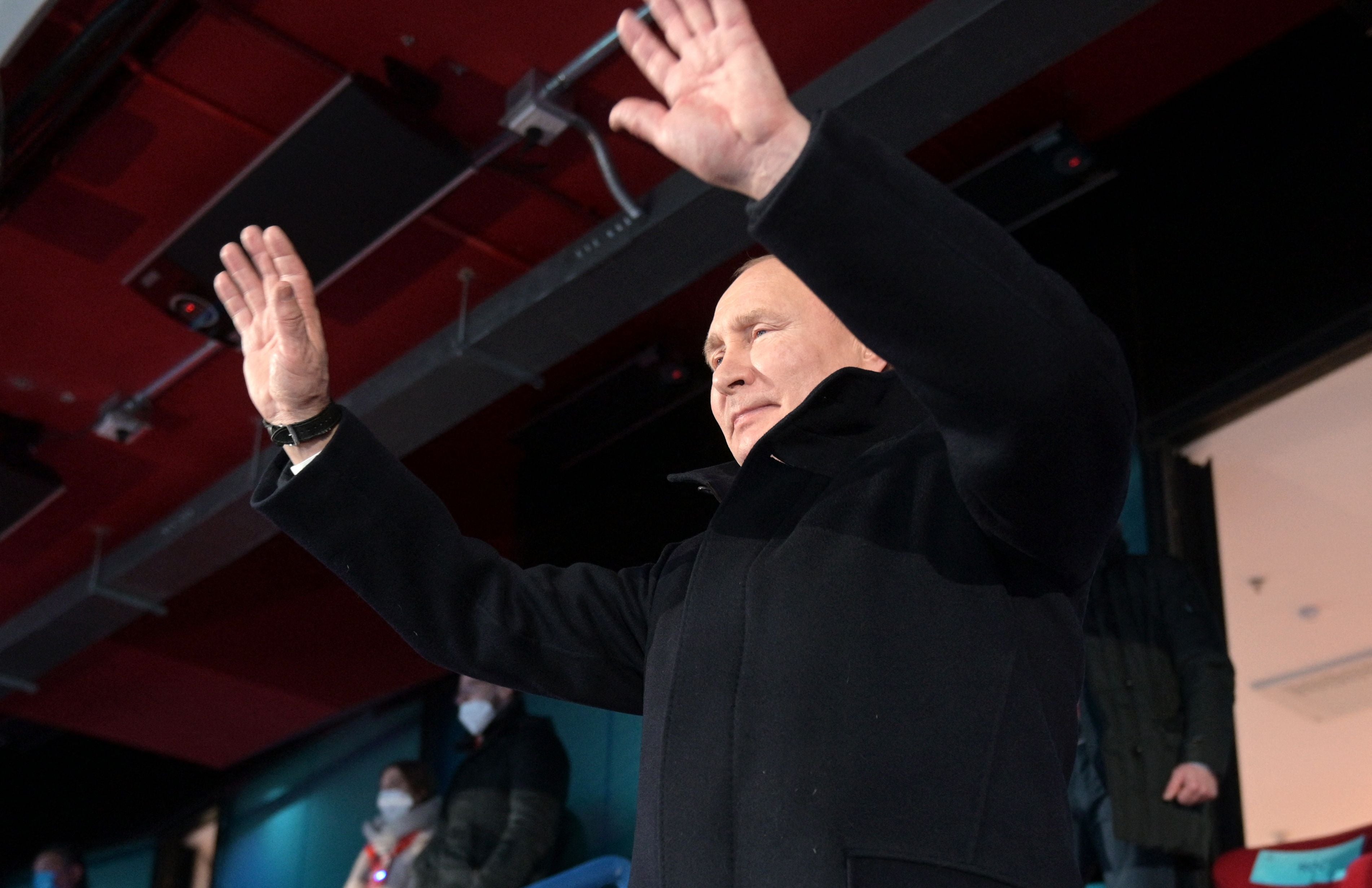
The New York Times report quoted Biden administration officials and a European official who cited a Western intelligence report.
‘High-level negotiations’
On 25 February, one day after the tanks rolled into Ukraine, Putin told his Chinese counterpart during a call that Russia was willing to hold high-level talks with Ukraine, China’s foreign ministry said.
Taiwan
In early March, Russia added Taiwan to a list of “foreign states and territories that commit unfriendly actions against Russia, Russian companies and citizens.”
It appeared alongside the likes of Australia, the United Kingdom, the European Union, and the US.
‘Special relationship’
In April, China said it would reject “any pressure or coercion” over its relationship with Russia, in response to a call from US treasury secretary Janet Yellen for Beijing to use its “special relationship with Russia” to persuade Moscow to end the war in Ukraine.
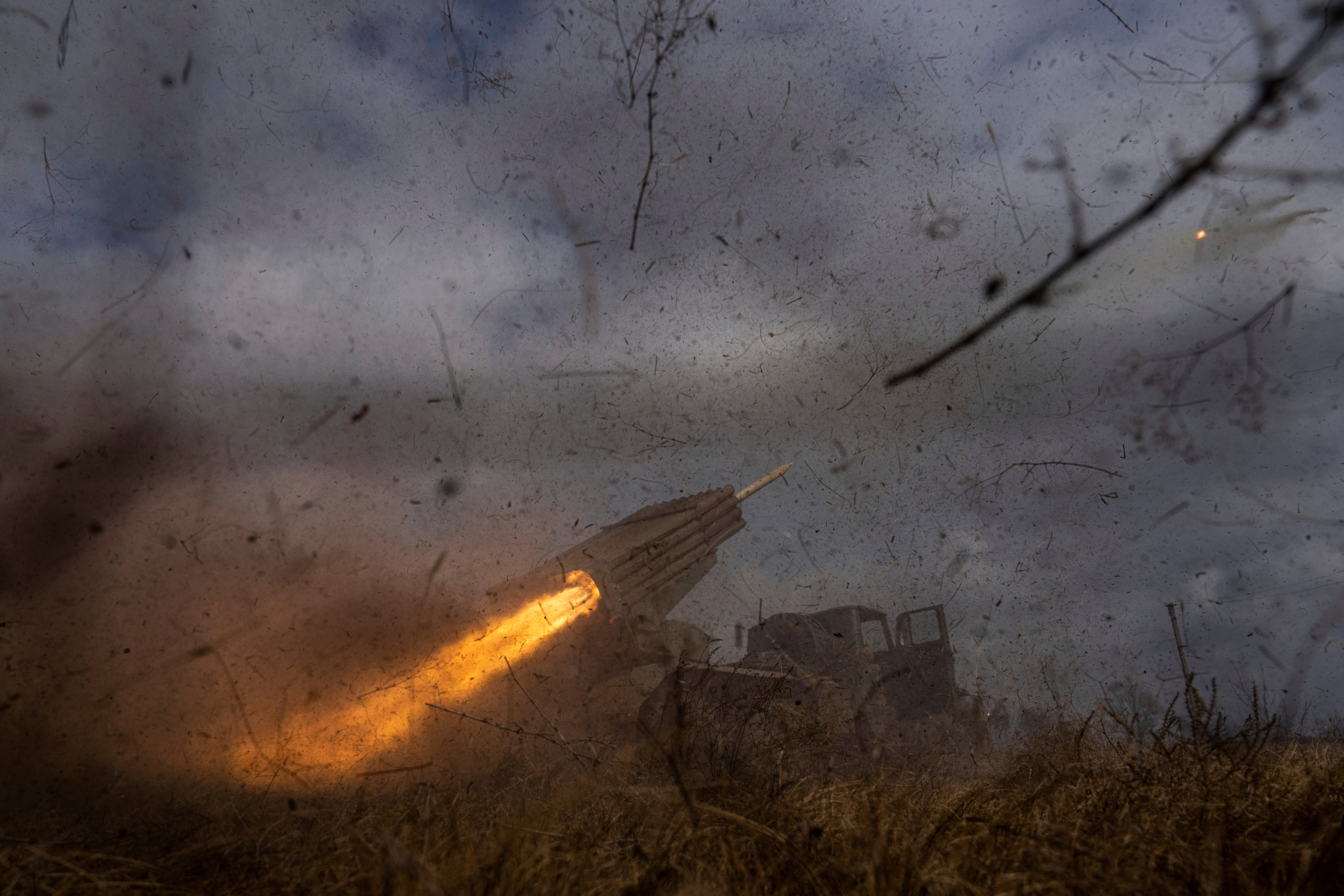
Foreign Ministry spokesperson Zhao Lijian defended China’s position on the war, saying it had “made considerable efforts to de-escalate the situation, defuse the crisis and rebuild peace.”
‘Sovereignty and security’
Xi assured Putin in May of China’s support on Russian “sovereignty and security”
China is “willing to continue to offer mutual support [to Russia] on issues concerning core interests and major concerns such as sovereignty and security,” state broadcaster CCTV reported Xi as saying during a call with Putin.
Zelensky calls on China, with ‘no reply’
Ukrainian president Volodymyr Zelensky made a desperate appeal for direct talks with China in August, telling the South China Morning Post: “I’m sure that without the Chinese market for the Russian Federation, Russia would be feeling complete economic isolation. That’s something that China can do – to limit the trade [with Russia] until the war is over.”
“I would like to talk directly. I had one conversation with [President] Xi Jinping that was a year ago,” he went on.
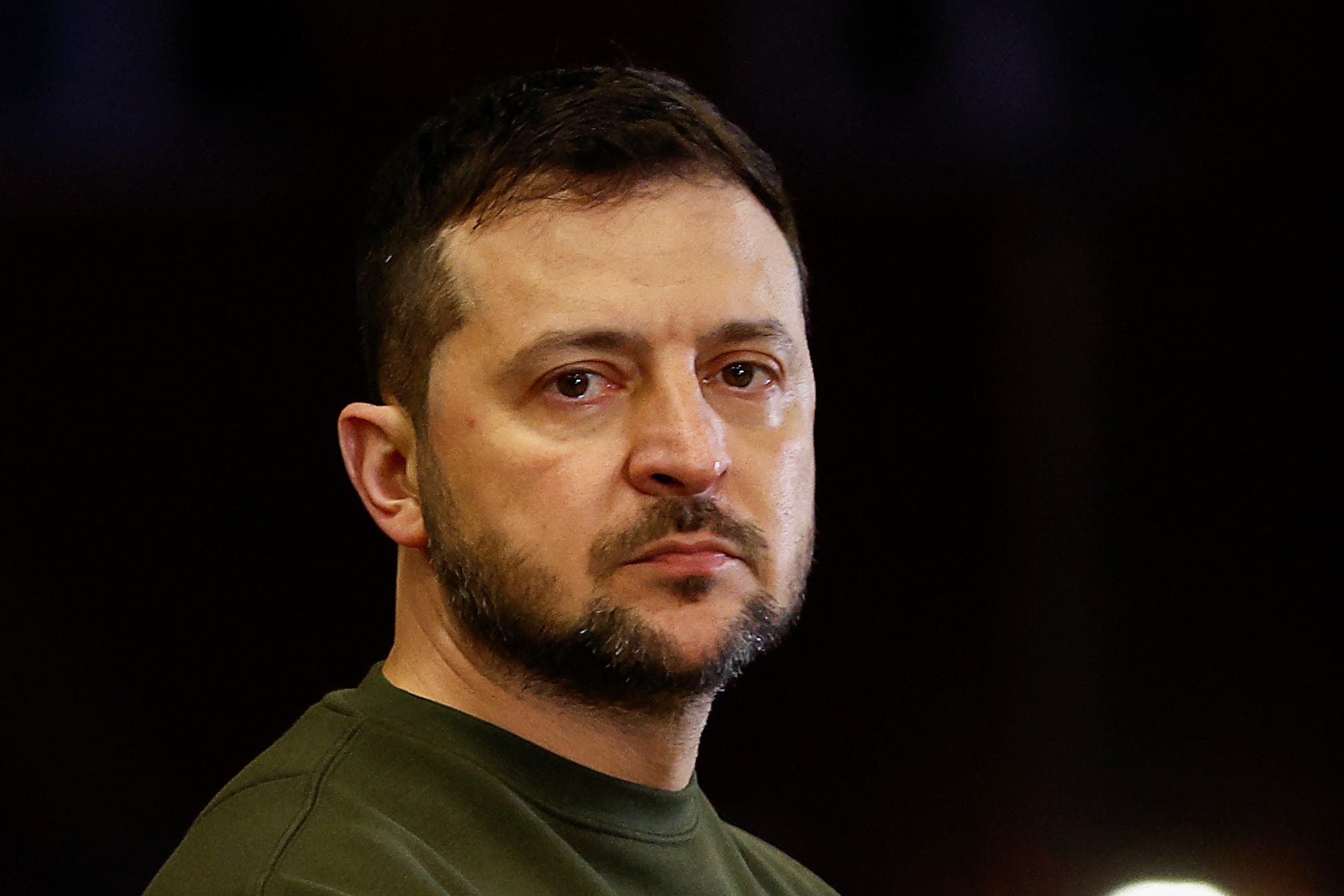
“Since the beginning of the large-scale aggression on February 24, we have asked officially for a conversation, but we [haven’t had] any conversation with China even though I believe that would be helpful.”
2023
12-point peace proposal
In February 2023, one year into Russia’s war against Ukraine, China offered a 12-point proposal to end the conflict.
China’s proposal called for a ceasefire and peace talks, and an end to sanctions against Russia.
Beijing placed responsibility for sanctions on other “relevant countries” without naming them. These countries, it says, “should stop abusing unilateral sanctions” and “do their share in de-escalating the Ukraine crisis.”
Kremlin spokesperson Dmitry Peskov rejected China’s proposal, saying that “for now, we don’t see any of the conditions that are needed to bring this whole story towards peace.”
‘Informal dinner’
Kremlin spokesman Dmitry Peskov announced on Friday that Putin and Xi would have a one-on-one meeting over an informal dinner on Monday.
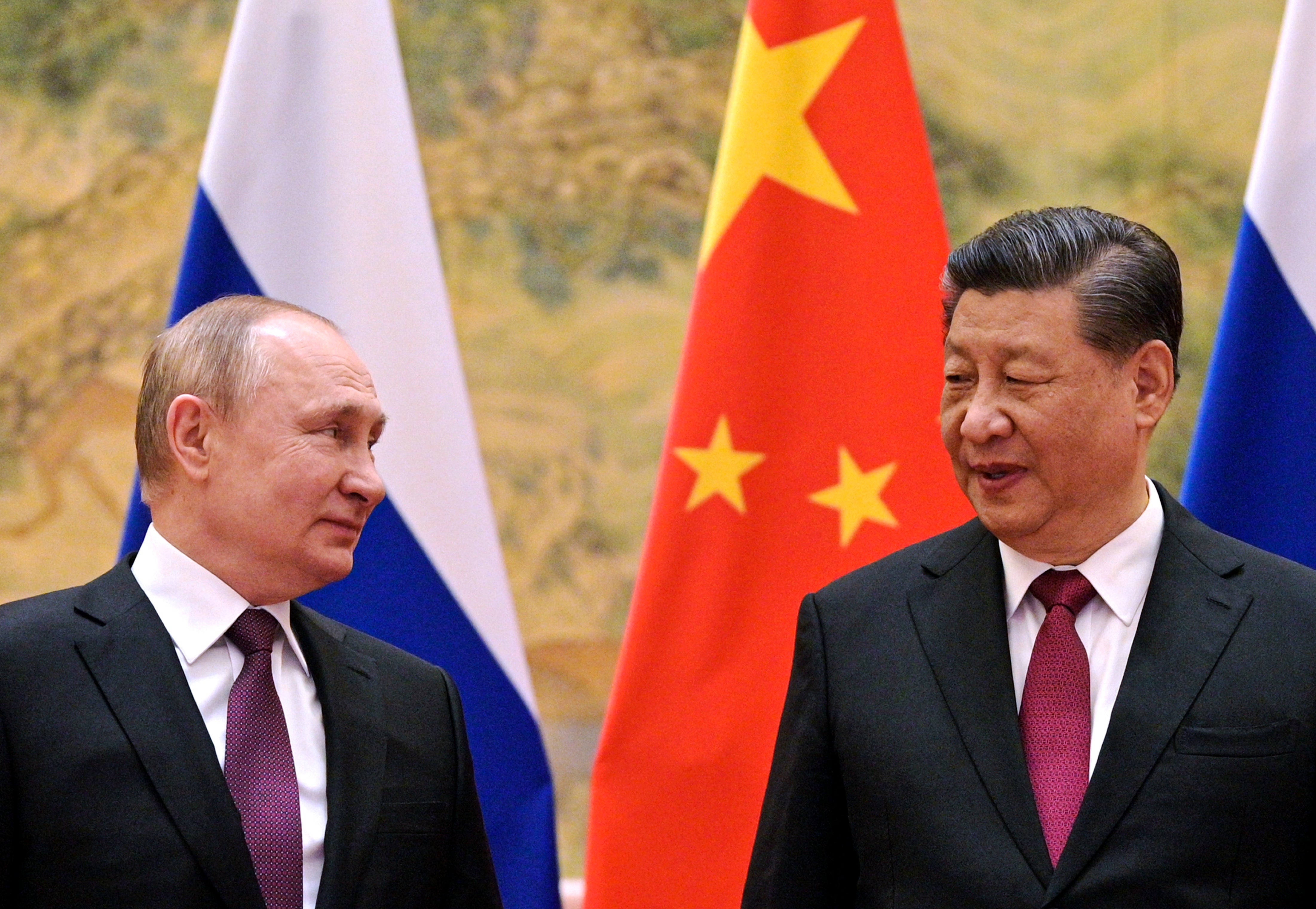
Broader talks involving officials from both countries on a range of subjects are scheduled for Tuesday.
Putin’s foreign policy adviser, Yuri Ushakov, suggested the talks could yield new approaches to the fighting in Ukraine.
“I’m sure that our leader and the Chinese leader will exchange their assessments of the situation in the context of the development of the conflict in Ukraine,” he said.
“We shall see what ideas will emerge after that.”




Join our commenting forum
Join thought-provoking conversations, follow other Independent readers and see their replies
Comments